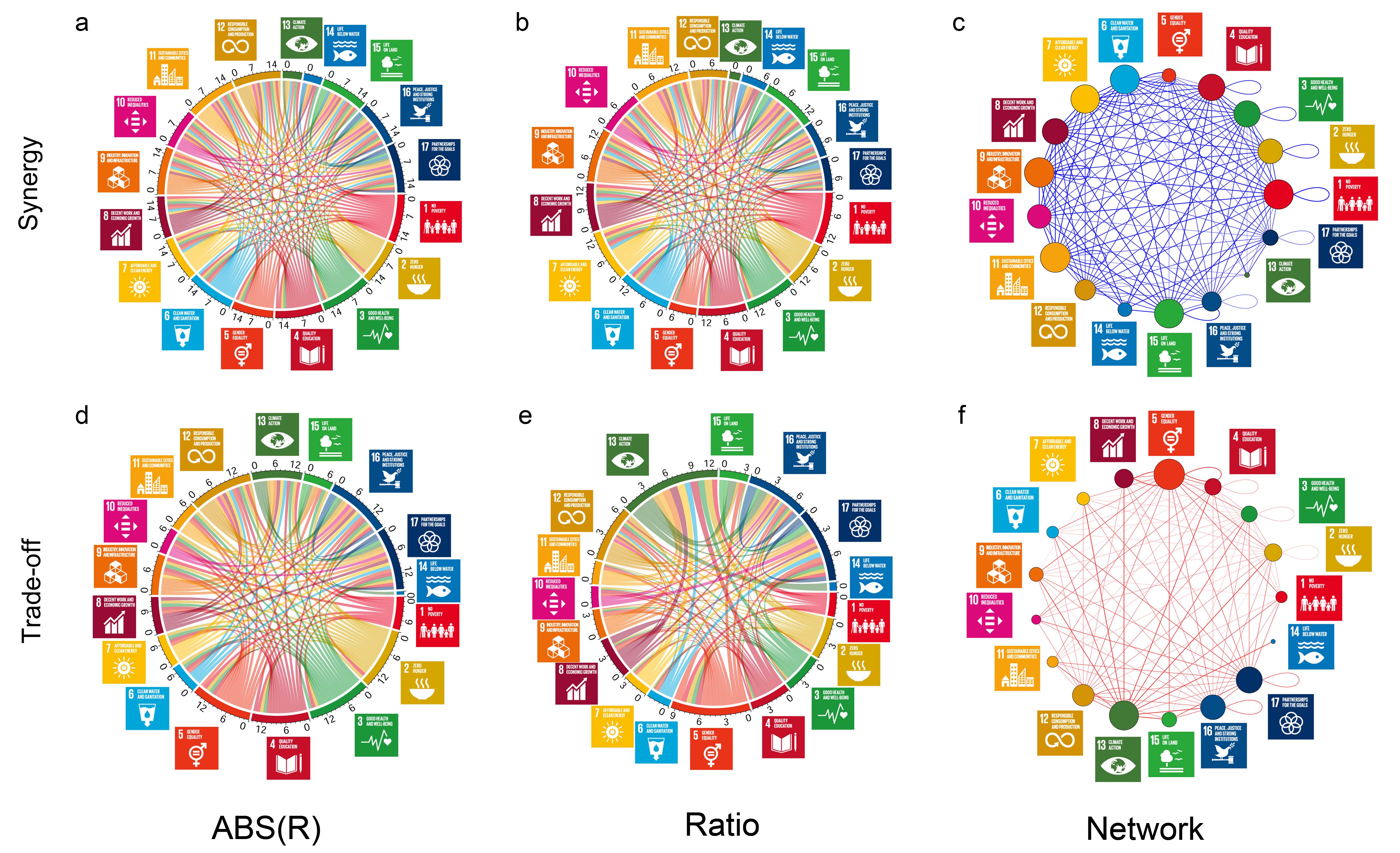Understanding Synergies and Trade-offs in Achieving Sustainable Development Goals: Insights from China
Mar 15, 2024
In the pursuit of the UN 2030 Agenda for Sustainable Development, understanding the interconnectedness of the 17 Sustainable Development Goals (SDGs) at both national and sub-national levels is crucial. A recent study focusing on China sheds light on the significance of recognizing synergies and trade-offs among these goals, offering valuable insights for policymakers worldwide.
The study identifies synergies, where a pair of SDGs improve or deteriorate together, and trade-offs, where one SDG improves while others might deteriorate. By understanding these dynamics, policymakers can identify the main obstacles and opportunities within a country, allowing them to prioritize SDGs in a holistic manner, ensuring that progress is pursued in a balanced and interconnected way.
The results of the study indicate that in China, there are provinces where certain SDGs exhibit high trade-offs or synergies. For example, 19 provinces show significant trade-offs in SDG13 (Climate Action) or SDG5 (Gender Equality), while 24 provinces demonstrate strong synergies in SDG1 (No Poverty) or SDG6 (Clean Water and Sanitation).
The results highlight the need for a decentralized approach to SDG implementation in China, where provincial governments play a key role in formulating targeted policies that align with their local priorities, thus facilitating more effective progress towards achieving the SDGs nationally.
"Common but differentiated" refers to the recognition that while the overall goals are universal, each region or province may have different levels of development, challenges, and priorities. Concrete actions at the local level that leverage synergies and address trade-offs can effectively accelerate achievement of the SDGs.
The study is also valuable for international communities besides China. Similar to China, key SDGs to focus could differ within a country for other nations.
The study, published in Nature Communications on Mar.13, was conducted by scientists from the International Research Center of Big Data for Sustainable Development Goals (CBAS), the Aerospace Information Research Institute (AIR) under the Chinese Academy of Sciences (CAS), in partnership with global scientists from various research institutions.
Contact: luyq@aircas.ac.cn

The synergy and trade-off networks at the national level. (Image by AIR)



News & Events